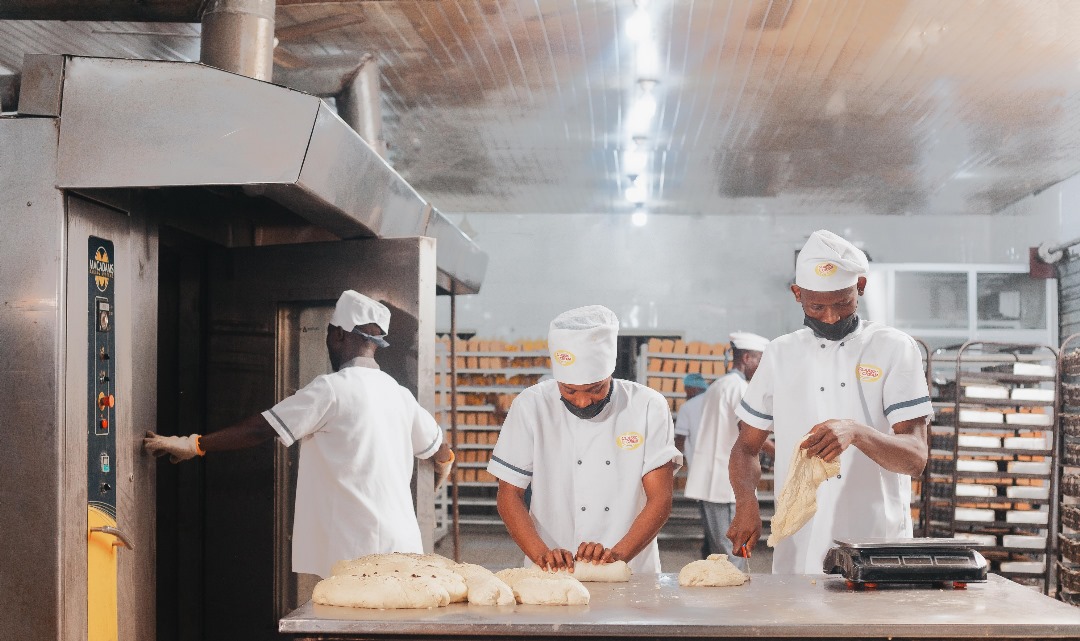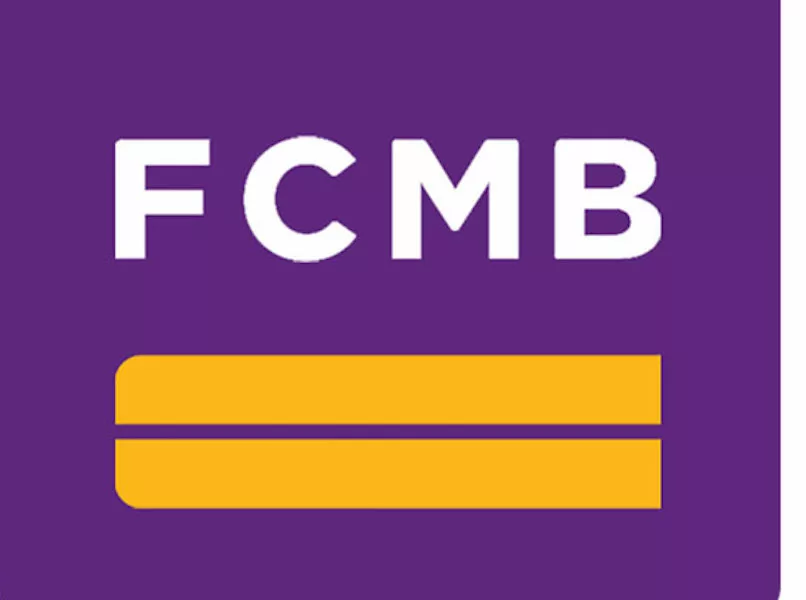Esosa Food Systems and Innovations Limited (EFS), a Nigerian food company with roots in Delta State, is intensifying its efforts to become a national player in the country’s food production industry.
Originally launched in 1990 as Bolin Bakeries in Warri, the company rebranded in 2021 to reflect a broader vision and expanded operations. With a presence in Lagos, Abuja, Port Harcourt, Warri, Uyo, and Asaba, Esosa Foods currently operates nine centres and has articulated plans to scale further.
“Our vision is to become Nigeria’s leading food innovations company by 2026,” the company stated in a corporate release.
Esosa’s product portfolio includes its popular Classic Cream Bread, as well as a range of confectioneries, non-alcoholic drinks, and bakery solutions. In-house production of raw materials and use of automated bakery equipment are part of the company’s operations model. Esosa has also adopted digital tools under an “e-Bakery” system aimed at improving logistics and delivery.
The company has established four internal directorates—Operations, Sales, Finance, and Human Resources—structured to support its long-term expansion. According to the company, investments in workforce development have been a central part of its strategy.
Through partnerships with organisations such as the Academy to Innovate HR (AIHR), Esosa’s HR team is pursuing professional development and aligning internal processes with international practices. In addition, the Esosa Leadership Academy and Internship Program have trained recent graduates, including multiple first-class university degree holders.
“Over the past three years, more than seven first-class graduates have completed our training program, gaining practical experience and mentorship,” the company said.
Efforts are underway to obtain ISO 9001 and ISO 22000 certifications, which relate to quality and food safety management systems, respectively. Esosa is also a member of Campden BRI, a UK-based food and beverage research organisation.
In addition to food production, Esosa says it engages in agro-allied services and local supplier development as part of its value chain approach. Waste reduction and energy efficiency are also stated priorities.
“The industry in Nigeria has been seen as traditional for a long time,” said a senior company representative. “We are working to modernise that perception through research, digitisation, and clean energy adoption.”
As part of its broader outreach, the company maintains a growing social media presence and has introduced initiatives intended to attract both customers and potential employees. Its stated mission includes supporting national development through food access and local enterprise support.






